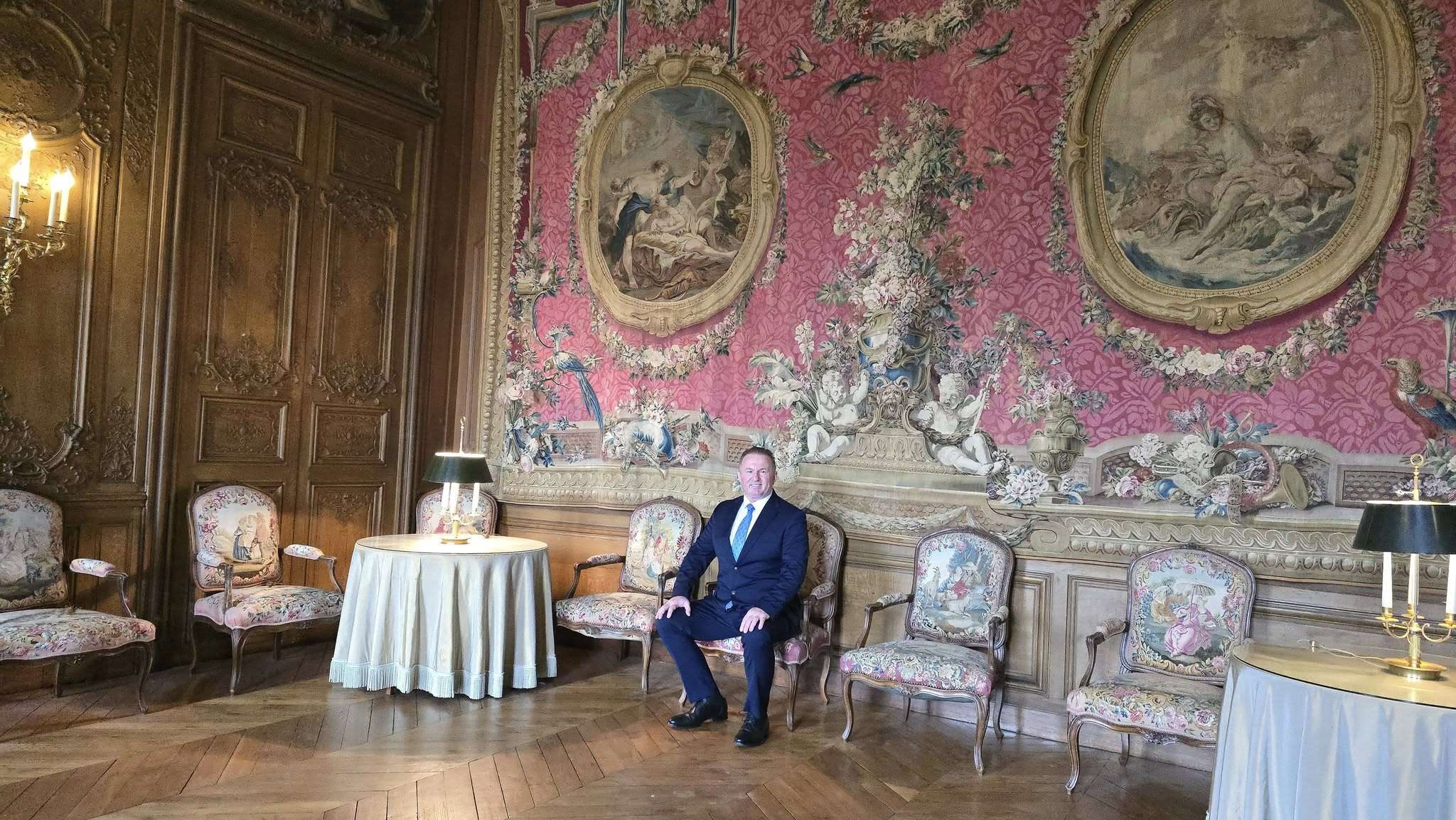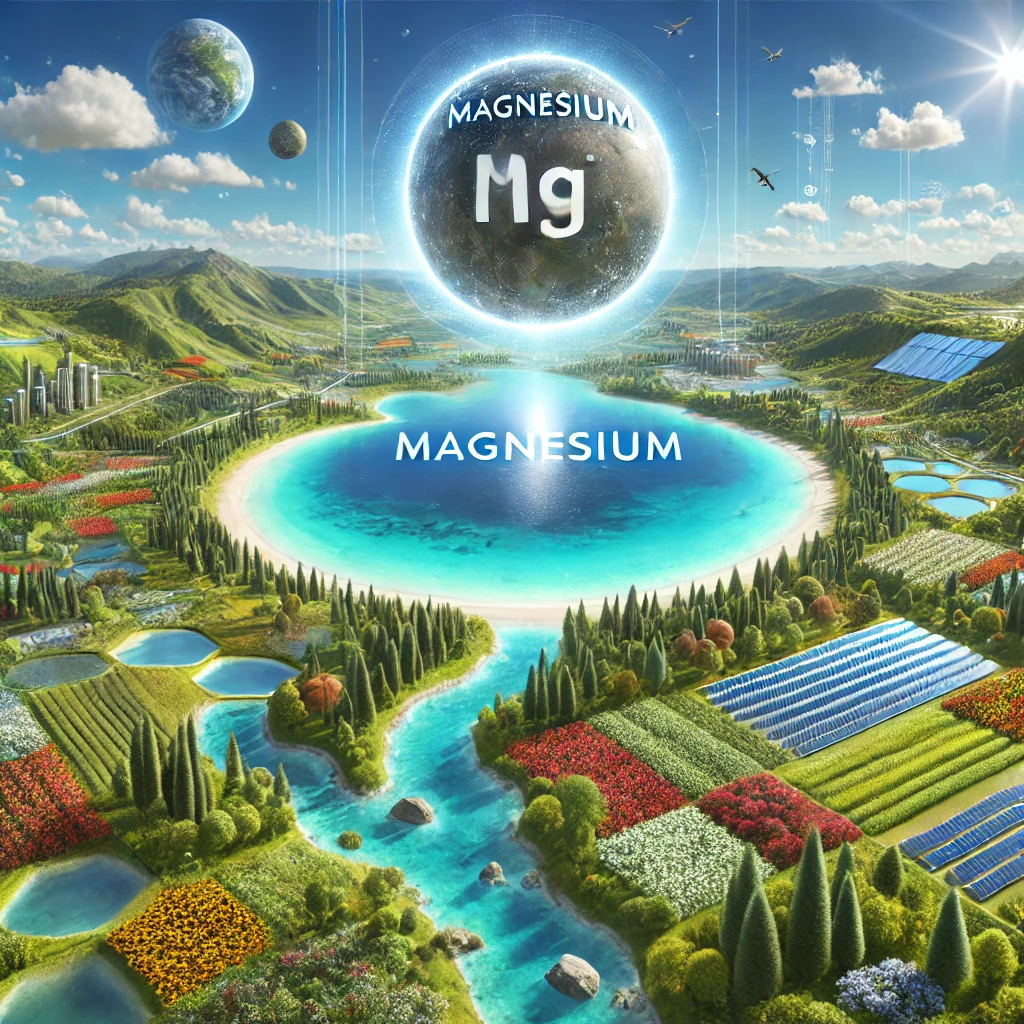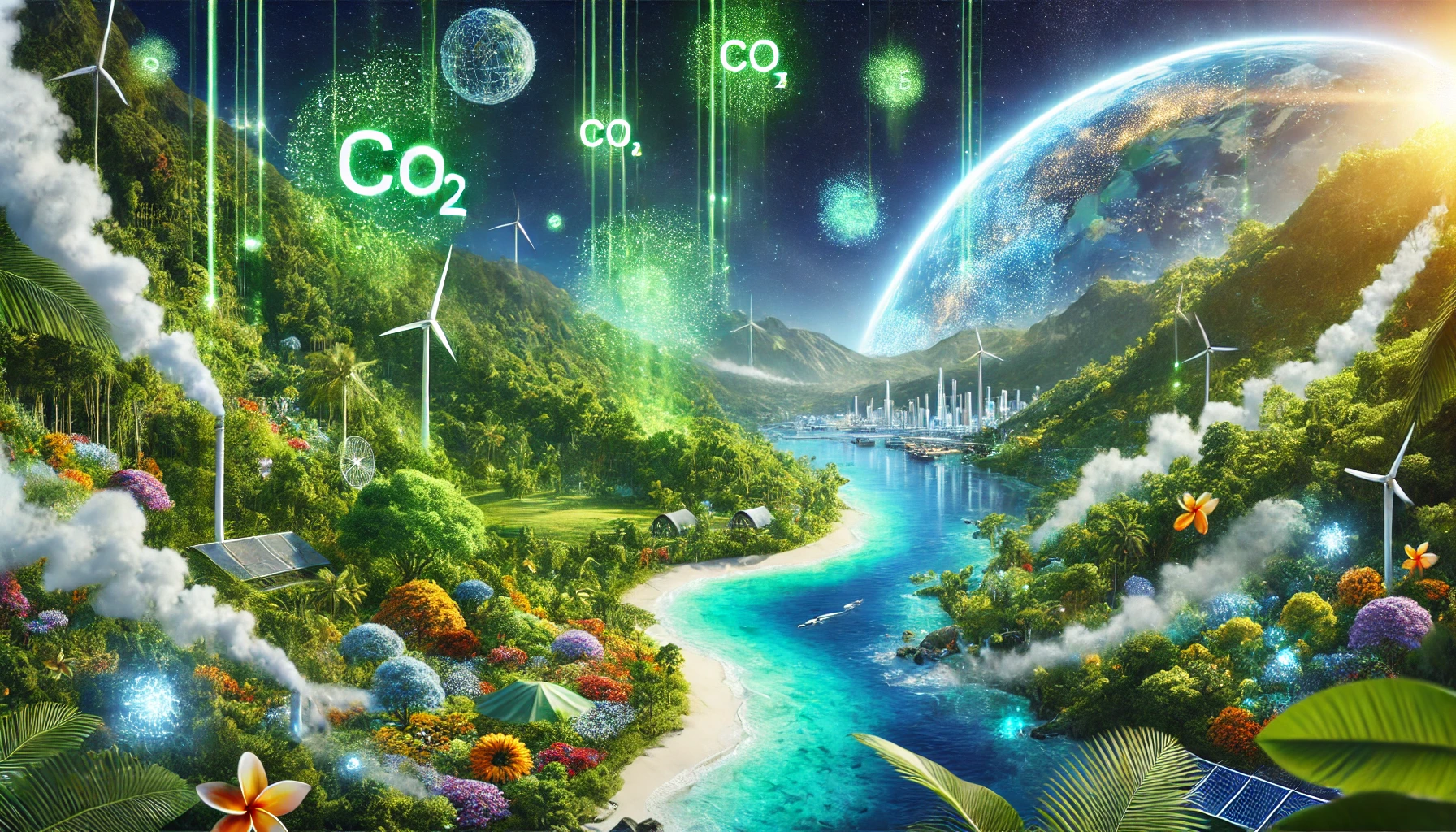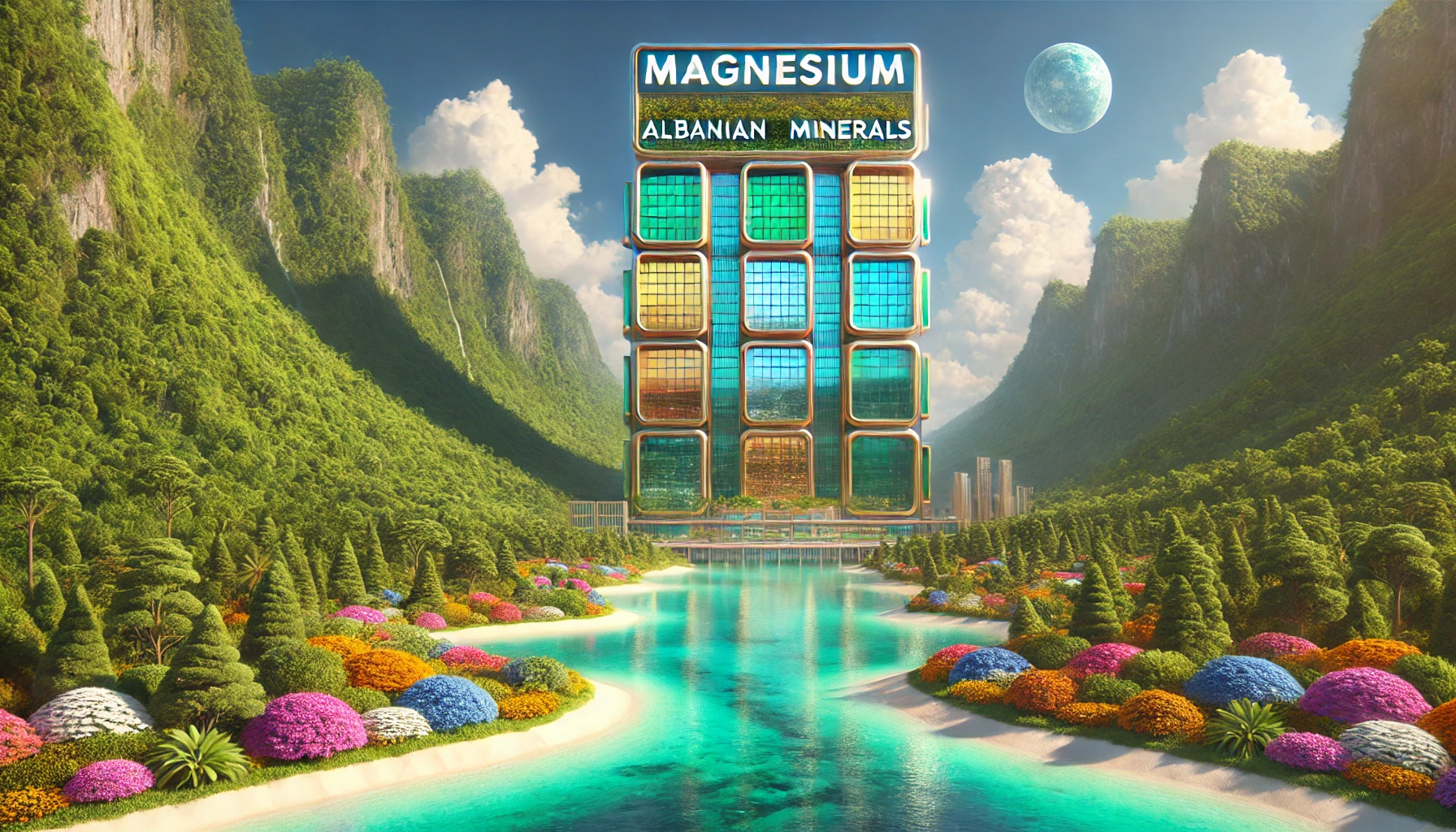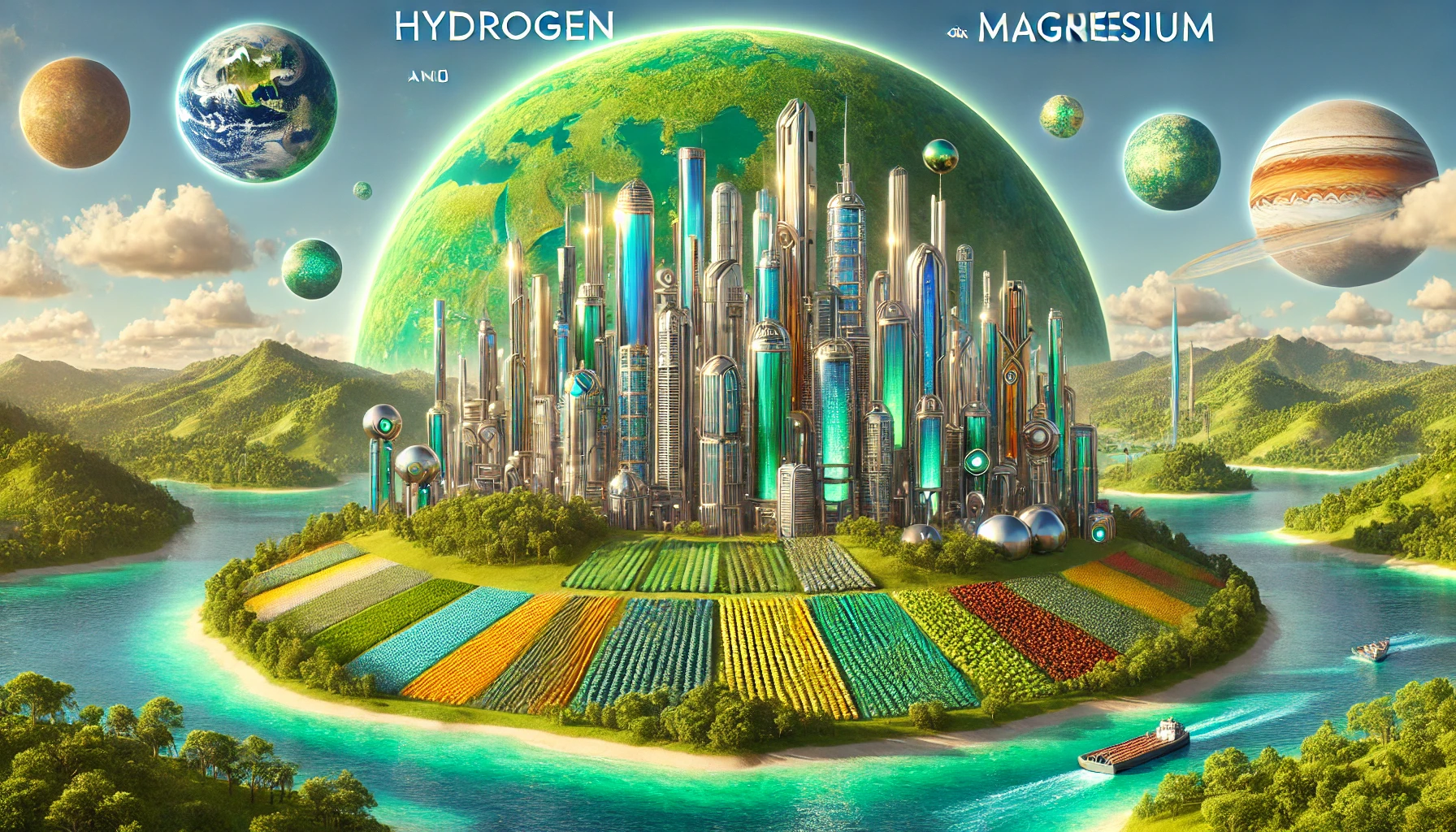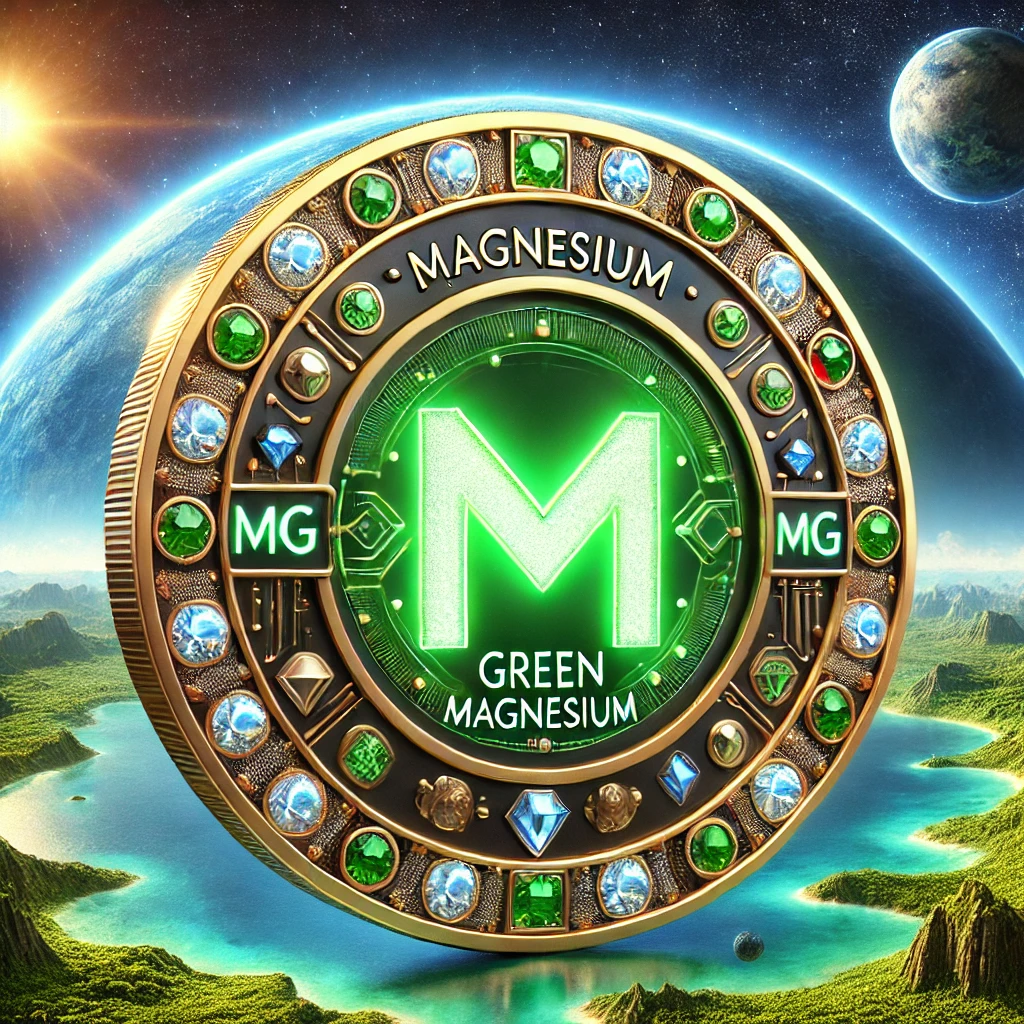
In an age beset by the relentless march of environmental decline, humanity finds itself precariously perched on the edge of an ecological precipice, where the specter of climate catastrophe looms ominously. The harbingers of this impending disaster are unmistakably evident: the inexorable rise of global temperatures, the tragic and ever-increasing frequency of natural calamities, the ceaseless acidification of our oceans, and the unremitting contamination of both our air and water. These are not the consequences of some distant future; they are the undeniable realities we face today, each the result of centuries of human recklessness.
It is no secret that the reckless pursuits of industrialization, the widespread deforestation of our once-lush forests, and the unabated emissions of carbon dioxide have triggered these disastrous transformations. Yet, amid this profound devastation, a flicker of hope begins to shine, not from the ingenuity of human invention, but from nature’s own intrinsic forces, which may yet hold the key to reversing the damage we have so carelessly wrought. Could the Earth’s ancient, untapped resources, long overlooked by our short-sightedness, become our salvation? Could they provide the crucial antidote to the poison we have injected into our world?
This is the provocative inquiry posed by Sahit Muja, the visionary CEO of Albanian Minerals. Over the course of more than three decades, Muja has immersed himself in the study of nature’s mechanisms, striving to decode the secrets of the natural world. His conclusion is unequivocal: humanity’s ultimate hope lies not in opposing the forces of nature but in embracing and learning from them. As Muja so poignantly asserts, “Mother Nature has endowed us with a bountiful array of tools, materials, and models, each one exquisitely designed to address the pressing dilemmas of our time. It is through understanding and emulating these natural processes that we may find the answers we desperately seek.”
One such discovery, spearheaded by Muja’s groundbreaking research, holds the potential to redefine our approach to mitigating climate change: the green magnesium mineral combination. While magnesium, often considered a humble silicate, may seem inconspicuous, its true significance lies in its remarkable ability to sequester carbon dioxide from the atmosphere, an ability that could prove to be one of the most potent weapons in our arsenal against the climate crisis.
Muja’s pursuit of climate solutions directs us to an extraordinary and largely unspoiled corner of the Earth, Guam. Located in the remote Pacific Ocean, within the Mariana Archipelago, this island stands as a beacon of ecological purity. Here, amidst its 212 square miles of pristine wilderness, we find the purest air on Earth, a rare and invaluable treasure in a world increasingly choked by pollution. In Guam, nature’s intricate systems are on full display, and it is here that Muja’s research has uncovered a natural process that may hold the key to combating climate change on a global scale.
Guam’s volcanic soil, rich in magnesium silicates, undergoes a unique weathering process, accelerated by the region’s tropical climate and abundant rainfall. This process, known as enhanced weathering, involves the natural breakdown of silicate minerals like magnesium olivine, which absorbs carbon dioxide from the air and transforms it into stable carbonates. This seemingly simple, yet profoundly effective, transformation captures harmful greenhouse gases and locks them away in the earth, providing a long-term solution to atmospheric pollution.
Muja’s research reveals the immense potential of this process. By harnessing the power of green magnesium and deploying it on a larger scale, we could accelerate the weathering process, dramatically reducing the levels of CO2 in the atmosphere while simultaneously improving soil health and fostering biodiversity. As magnesium ore dissolves, it releases magnesium ions into the environment, catalyzing the conversion of carbon dioxide into stable carbonates, transforming a dangerous pollutant into an inert, non-toxic mineral that can remain securely sequestered for millennia.
Beyond its capacity for carbon capture, green magnesium offers additional, multifaceted benefits. In marine environments, it has shown promise in reducing ocean acidity, an increasingly urgent issue as rising CO2 levels disrupt marine ecosystems. By enriching the oceans with magnesium, olivine helps foster the growth of coral reefs, promote marine vegetation, and support the delicate balance of oceanic biodiversity. Muja’s teams have already made significant strides in utilizing olivine to counteract ocean acidification, enabling the restoration of marine ecosystems while simultaneously sequestering substantial amounts of CO2.
Muja’s visionary efforts also extend to the reclamation of degraded soils and the rehabilitation of deforested lands. In collaboration with environmental scientists and sustainability experts, Albanian Minerals has pioneered the use of magnesium-rich minerals to revitalize barren soils, transforming them into fertile landscapes capable of supporting sustainable agriculture. This approach not only combats the adverse effects of climate change but offers a much-needed alternative to the harmful chemical fertilizers that have long plagued the environment.
At the core of Muja’s philosophy lies an unshakable belief in the power of collaboration. As the founder and CEO of Albanian Minerals, Green Minerals, and Global Mining, Muja oversees the world’s largest reserves of green magnesium, valued at over $100 billion USD. Under his stewardship, these enterprises have committed themselves to scaling the use of magnesium for CO2 sequestration, ocean acidification mitigation, and soil restoration. Through their efforts, Muja envisions a closed-loop system where the forces of nature and human innovation work in tandem, benefiting both the environment and the global economy.
The potential of green magnesium to reshape the future of climate change mitigation is both vast and transformative. By harnessing this natural resource, we can not only sequester massive quantities of carbon dioxide but also restore degraded ecosystems, reduce ocean acidity, and rejuvenate barren lands. This represents a paradigm shift in how we approach climate solutions, moving away from the reliance on artificial, high-tech fixes, and instead returning to nature’s time-tested processes.
Moreover, the versatile applications of green magnesium, ranging from organic fertilizers and green energy production to the extraction of valuable metals such as nickel, cobalt, and manganese, underscore its importance as a pivotal tool in the transition to a sustainable future. Through the development of cutting-edge technologies that utilize green energy to extract these metals, Muja’s team ensures that this process remains both environmentally responsible and economically viable.
As the world grapples with the profound challenges of climate change, the need for nature-based solutions has never been more pressing. Magnesium, with its unparalleled ability to capture and store carbon, enhance soil fertility, and restore marine ecosystems, offers a beacon of hope in this fight. Thanks to the visionary leadership of Sahit Muja and the groundbreaking work of Albanian Minerals, we may one day witness a future in which humanity’s relationship with nature is not one of exploitation, but of harmonious coexistence, a future where we draw upon the Earth’s natural processes to heal the wounds we have inflicted.
In this pursuit, the humble mineral olivine may well hold the key to securing a sustainable future for generations to come. As we face the overwhelming challenges of climate change, it is becoming increasingly clear that the solutions we seek may lie not in the latest technological breakthroughs, but in the ancient wisdom of the natural world itself.














